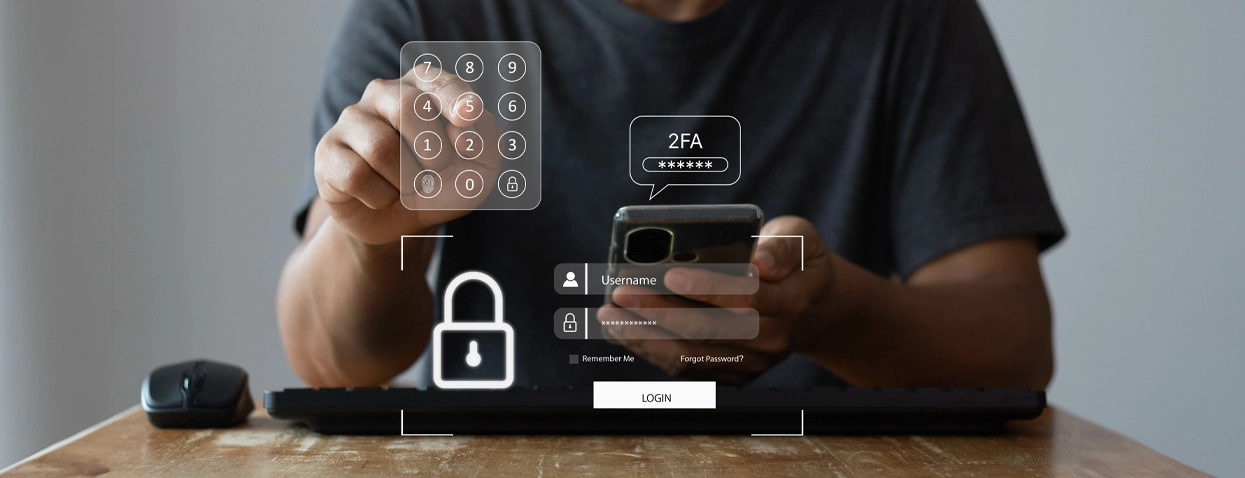
How to protect your privacy online without losing your mind
In today's digital world, it's easy to feel like your privacy is constantly under attack. Companies are tracking your every move online, and scammers are trying to trick you into giving up your personal information. But don't worry, there are some simple things you can do to protect your privacy without losing your mind.
1. Use strong passwords and two-factor authentication.
Strong passwords are at least 12 characters long and include a mix of upper and lowercase letters, numbers, and symbols. Two-factor authentication (2FA) adds an extra layer of security by requiring you to enter a code from your phone in addition to your password when logging in to your accounts.
2. Be careful about what information you share online.
Don't share your personal information on social media or with websites that you don't trust. Be mindful of the permissions you grant to apps and websites.
3. Use a VPN when connecting to public Wi-Fi.
A VPN encrypts your traffic, making it more difficult for hackers to intercept your data.
4. Be aware of phishing scams.
Phishing scams are emails or websites that are designed to trick you into revealing your personal information or clicking on malicious links. Be wary of any emails or websites that ask for your personal information or that seem too good to be true.
5. Keep your software up to date.
Software updates often include security patches that can help protect your devices from vulnerabilities.
Here are some additional tips that you can follow without too much effort:
Use a privacy-focused browser and search engine.
Some browsers, such as Firefox and Brave, and search engines, such as DuckDuckGo, offer more privacy features than others. For example, they can block trackers and cookies, and they can prevent websites from fingerprinting you.
Use a privacy-focused email provider.
Some email providers, such as ProtonMail and Tutanota, offer end-to-end encryption, which means that only you and the person you're emailing can read your messages.
Review your privacy settings on social media and other websites.
Most websites and social media platforms allow you to control what information is shared about you. Take some time to review your privacy settings and make sure that they're configured the way you want them to be.
